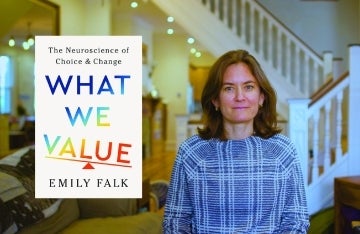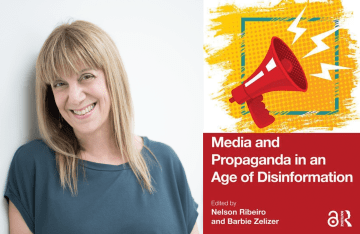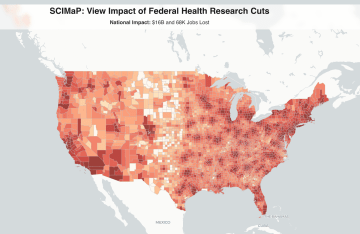Youth Participatory Action Communication Research: A Model for Developing Youth-Driven Health Campaigns
Annenberg researchers worked with West Philadelphia high schoolers to develop a health communication campaign encouraging their peers to seek mental health support.
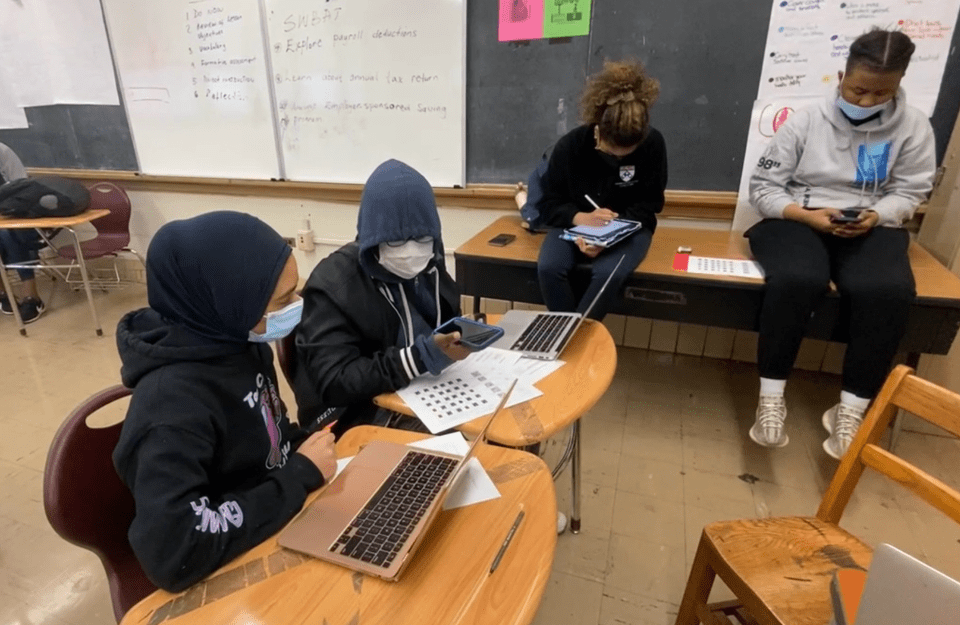
From 2021 to 2022, research teams of West Philadelphia high schoolers developed a health communication campaign around an issue they deemed critical to the well-being of their community — encouraging their peers to seek mental health support.
The project, overseen by Annenberg School for Communication doctoral graduate Ava Kikut-Stein (Ph.D. ‘23) and Professor Andy Tan, is part of the Annenberg School for Communication’s efforts to engage youth as collaborators in communication research.
“Research that centers the perspectives of youth researchers promotes bidirectional learning between young people and academic researchers, helps to advance real-world research, and creates meaningful health campaigns to address issues that matter the most to youth. Dr. Kikut-Stein’s youth participatory research exemplifies these principles,” says Tan.
Through a series of paid internship programs facilitated by Kikut-Stein, Penn undergraduate mentors, and staff from the University of Pennsylvania Netter Center for Community Partnerships, youth researchers engaged in multiple phases of research, including goal-setting, survey research, message design, and testing.
A newly published paper in the journal Health Communication, “Youth Participatory Action Communication Research: A Model for Developing Youth-Driven Health Campaigns” details the research process.
After identifying their goal to improve high school mental health, students designed and sent out a survey to peers at 13 different Philadelphia high schools to determine which beliefs are likely to encourage students to seek help and which sources of mental health information are most trusted.
Survey results revealed that 92% of respondents experienced recent mental health challenges, but only 39% had sought help in the past six months.
The team also discovered that the odds of seeking out help for mental health challenges were four times higher among those who strongly agreed with the statement: “I know who to turn to when I need help coping with mental health challenges,” than those who didn’t.
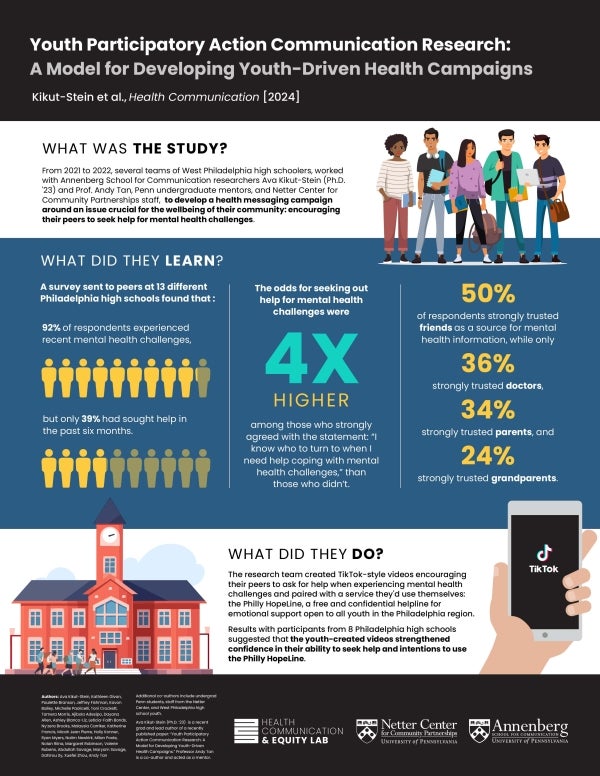
Half of the respondents strongly trusted friends as a source for mental health information, while only 36% strongly trusted doctors, 34% strongly trusted parents, and 24% strongly trusted grandparents.
Given that their peers sought help when they felt that they knew who they could turn to and trusted friends as a source for mental health information, youth researchers decided to develop health campaigns promoting a service they’d use themselves — the Philly HopeLine, a free and confidential helpline for emotional support open to all youth in the Philadelphia region.
The research team then created TikTok-style videos encouraging their peers to ask for help when experiencing mental health challenges, paired with information about the Philly HopeLine.
Results from an experiment with participants from eight Philadelphia high schools suggested the videos had the desired effect: they strengthened respondents’ confidence in their ability to seek help and intentions to use the Philly HopeLine.
“Youth Participatory Action Communication Research: A Model for Developing Youth-Driven Health Campaigns” was published in Health Communication and authored by Ava Kikut-Stein and Andy Tan at Annenberg and the following Penn undergrads, Netter Center staff, and Philadelphia high school researchers: Ajibola Adesipo, Dayana Allen, Kavon Bailey, Ashley Blanco-Liz, Leticia-Faith Bonds, Paulette Branson, Ny’zera Brooks, Malaysia Carriker, Toni Crockett, Jeffrey Fishman, Katherine Francis, Kathleen Givan, Holly Konner, Tamera Morris, Ryen Myers, Naiim Newkirk, Michelle Paolicelli, Micah Jean Pierre, Milan Poole, Nolan Riina, Margaret Robinson, Valerie Rubens, Abdullah Savage, Maryam Savage, Dahirou Sy, Xuefei Zhou

